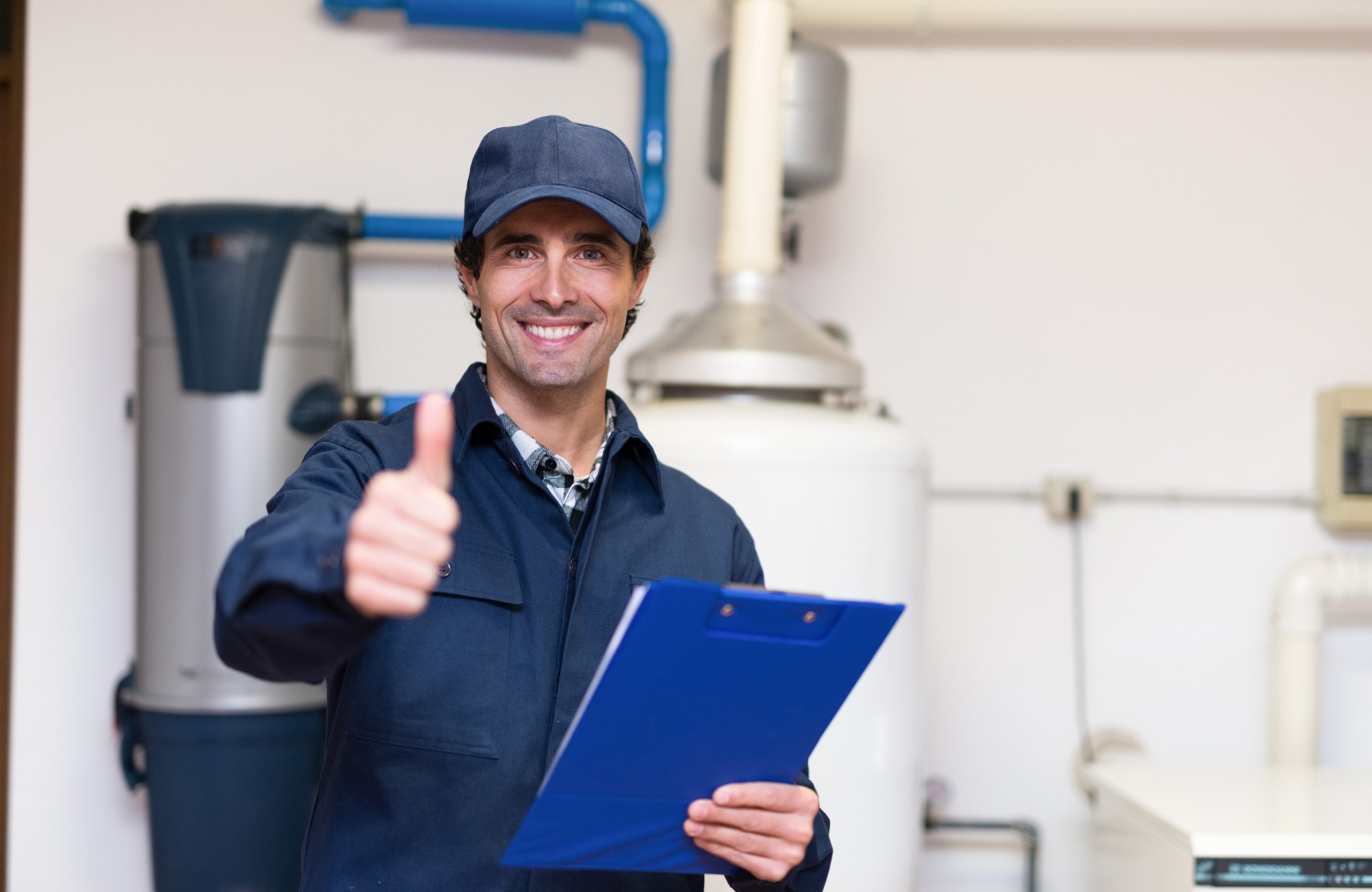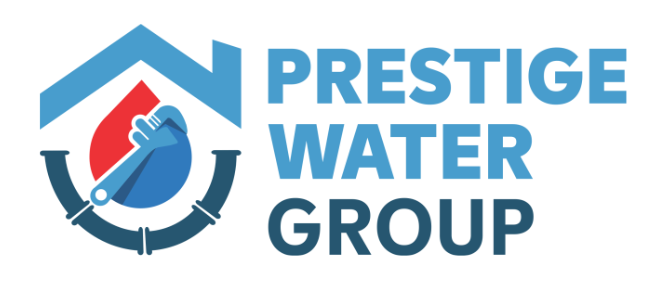
Plumbers play a critical role in modern society by ensuring safe and efficient water delivery and waste removal. If you’ve ever wondered what do plumbers do, the answer goes far beyond fixing clogged drains or dripping faucets. Plumbing professionals install, maintain, and repair essential systems that support residential homes, commercial buildings, and industrial facilities. They work with a range of plumbing systems, materials, and tools to make sure that water supply lines, sewage systems, and gas lines function properly.
From installing new fixtures to responding to plumbing emergencies, skilled plumbers are indispensable in maintaining the infrastructure that supports everyday life. This guide will explore the diverse responsibilities, skills, and work environments that define a plumbing career today.
Introduction to Plumbers’ Work
Plumbers are trained, skilled professionals responsible for installing, repairing, and maintaining plumbing systems. Their work ensures that plumbing fixtures, piping systems, and appliances like water heaters operate smoothly across a range of environments.
They handle a variety of materials, such as copper, PVC, and steel, to create and repair water supply systems, drainage systems, and gas lines. Whether working on new plumbing systems in a construction project or resolving emergencies like burst pipes, plumbers must combine technical expertise with practical problem-solving skills.
Key areas of plumbing work include:
- Installation of plumbing systems in newly built residential, commercial, and industrial properties.
- Maintenance and repair of plumbing fixtures like sinks, toilets, and water heaters.
- Inspection and testing of water supply and drainage systems to ensure efficiency and compliance with codes.
- Emergency services to respond quickly to leaks, clogs, and gas leaks.
A plumber’s work is highly dynamic, requiring both technical precision and adaptability to different building layouts and conditions.
Types of Plumbers
The plumbing industry includes several specializations that focus on different settings and systems. Understanding the types of plumbers can clarify the wide range of expertise available in the field.
Before diving into each type, it’s important to note that plumbers often select specialties based on their interests, work environment preferences, and technical skills.
The main types of plumbers include:
- Residential Plumbers: Specialize in installing and repairing systems in residential homes and apartment complexes, including water heaters and fixtures.
- Commercial Plumbers: Focus on larger commercial buildings like offices, schools, and restaurants, dealing with more complex systems and higher water demands.
- Industrial Plumbers: Work in heavy-duty environments such as manufacturing plants and power plants, installing large-scale piping systems and overhead storage tanks.
- Service and Repair Plumbers: Specialize in repairing plumbing systems, such as fixing leaks, unclogging drains, and replacing broken fixtures.
- Sanitary Plumbers: Focus on sewage systems and waste disposal units, ensuring safe and hygienic waste removal.
Each specialization comes with its own set of challenges, from managing high-pressure systems to working with specialized materials like industrial-grade piping.
Plumber Job Description
The core of a plumber’s job revolves around maintaining the flow of water and gas and ensuring the effective removal of waste. Plumbers are expected to work independently or with other construction professionals to meet project needs.
In addition to technical skills, the job demands strong diagnostic abilities to quickly identify and resolve issues within existing systems.
Plumber duties often include:
- Installing plumbing systems, including residential water systems, gas lines, and cooling systems.
- Repairing leaks and plumbing systems, including pipe replacements and fixture repairs.
- Inspecting systems for compliance with local and national building codes.
- Using specialized plumbing tools such as pipe cutters, soldering torches, and video inspection equipment.
- Collaborating with electricians, HVAC specialists, and carpenters on large construction projects.
A master plumber may also supervise junior plumbers, create blueprints, or oversee system design for large-scale projects.
Key Responsibilities
Plumbers handle a wide range of responsibilities that go beyond just installing pipes. Their role is essential to keeping vital infrastructure running safely and efficiently.
Before listing specific tasks, it’s important to recognize that plumbers must often prioritize emergencies, maintenance, and new installations simultaneously.
Typical responsibilities include:
- Installing and maintaining plumbing systems, including water supply lines, drainage pipes, and fire sprinkler systems.
- Repairing plumbing fixtures, such as faucets, toilets, and bathtubs.
- Responding to plumbing emergencies, including other plumbing emergencies like severe leaks or sewage backups.
- Diagnosing plumbing issues using both manual inspection and modern tools like leak detectors and cameras.
- Working with construction teams during major builds to ensure proper plumbing system integration.
Attention to detail, technical expertise, and strong communication skills are crucial for successfully fulfilling these responsibilities.
Essential Skills
Working as a plumber requires more than just technical know-how. Success in the plumbing industry demands physical endurance, mental agility, and strong interpersonal skills.
Before outlining specific abilities, it’s worth noting that skill development often continues well beyond formal education through apprenticeships and ongoing training.
Key skills include:
- Problem-Solving Skills: Essential for diagnosing complex plumbing issues and finding effective solutions quickly.
- Physical Stamina: Necessary for lifting heavy pipes, working in tight spaces, and operating in challenging environments.
- Communication Abilities: Important for explaining repairs and costs to clients and coordinating with other construction professionals.
- Technical Knowledge: Proficiency with plumbing techniques, tools, and materials used for installing fixtures and repairing leaks.
- Adaptability: Ability to manage both small-scale residential jobs and larger commercial settings tasks.
Mastery of these skills separates experienced plumbers from novices, especially when handling high-pressure situations.
Work Environment
Plumbers encounter a diverse range of work environments depending on their specialization. Each setting brings its own set of demands, challenges, and safety considerations.
In general, plumbing work involves adapting to physical challenges while maintaining a focus on safety and precision.
Common work environments include:
- Residential Buildings: Working inside homes, apartments, and condos, often requiring delicate fixture installations and maintenance.
- Commercial Settings: Servicing commercial buildings with complex water and gas systems that require large-scale planning.
- Industrial Settings: Working in manufacturing plants and power plants, dealing with heavy-duty systems and specialized industrial piping.
- Outdoor Sites: Installing and maintaining irrigation systems, overhead storage tanks, and sanitary systems in varied weather conditions.
- Emergency Response: Addressing urgent repairs at any time, often during evenings, weekends, or extreme weather conditions.
Working environments can be physically demanding, involving exposure to hazardous materials like sewage and chemicals, and often requiring the use of protective gear.
Cost Estimates and Pricing
Providing accurate cost estimates is an important part of a plumber’s job, especially when working directly with homeowners or businesses.
A good estimate involves more than just quoting a number, it requires explaining options clearly and helping clients understand the best choices for their needs and budgets.
Key aspects of pricing include:
- Installation Costs: Covering new systems for kitchens, bathrooms, and utility rooms.
- Repair Pricing: Estimating the cost for services like repairing pipes, replacing fixtures, or clearing blocked drains.
- Upgrades and Energy Efficiency: Offering advice on installing energy-saving fixtures and systems to lower water bills.
- Itemized Billing: Providing detailed invoices that explain labor, parts, and additional charges.
- Flexible Payment Methods: Accepting multiple forms of payment and sometimes offering financing options for larger projects.
Plumbers also stay informed about the latest plumbing technologies to suggest cost-effective and sustainable solutions.
Safety Considerations
Plumbing involves several safety risks, from physical injury to exposure to hazardous substances. Strict adherence to safety protocols is essential.
Beyond basic on-the-job caution, plumbers must proactively assess risks to protect themselves, clients, and property.
Important safety practices include:
- Personal Protective Equipment (PPE): Wearing gloves, safety glasses, and respiratory masks when necessary.
- Hazard Identification: Recognizing threats like gas leaks, contaminated water, and faulty equipment.
- Safe Lifting Techniques: Preventing injuries when moving heavy pipes, heaters, and tools.
- Emergency Preparedness: Being ready to respond safely to urgent issues like gas leaks or burst pipes.
- Training Updates: Keeping current with the latest safety codes and best practices in the plumbing industry.
A strong commitment to safety protects both the plumber and the client and ensures compliance with regulatory standards.
Education and Training
Becoming a plumber requires a mix of formal education, on-the-job training, and continuous professional development.
Understanding the training pathway can help aspiring plumbers chart a course toward a successful career.
Key steps include:
- High School Diploma or Equivalent: Foundational education, particularly in math and science.
- Plumbing Apprenticeship Programs: Typically 4-5 years of paid, hands-on training alongside classroom instruction.
- Licensing Exams: Required in most states to verify knowledge of building codes and technical proficiency.
- Specialized Certifications: Optional certifications in areas like HVAC systems, sanitary systems, or fire sprinkler installation.
- Continuing Education: Staying updated with new plumbing techniques, technologies, and local plumbing codes.
A plumbing career offers strong advancement opportunities, including moving into roles as master plumbers or plumbing inspectors.
Conclusion
Plumbing is a vital profession that involves installing, maintaining, and repairing essential systems like water supply lines, drainage systems, and gas lines across residential, commercial, and industrial settings. A plumber’s work demands a wide range of technical skills, problem-solving abilities, and physical stamina to handle everything from pipe installations to emergency repairs. As building systems become more advanced, the need for well-trained plumbers who understand modern techniques and safety standards continues to grow. Whether working on new construction projects or addressing urgent plumbing issues, plumbers play a crucial role in maintaining safe, functional environments for homes and businesses.
Need Reliable Plumbing Services in New Jersey? Get expert help from licensed professionals for your residential, commercial, or industrial plumbing needs. From emergency repairs to new plumbing installations, our team delivers fast, efficient service with upfront pricing. Call (973) 227-4740 or email info@pwgroupnj.com to schedule your appointment today.
FAQs
What are the duties of a plumber?
A plumber’s duties include installing, maintaining, and repairing water supply systems, drainage systems, and gas lines. They also diagnose plumbing issues, perform routine inspections, and ensure compliance with safety regulations. In addition to technical tasks, plumbers often communicate directly with clients to explain problems and recommended solutions.
What is the most common job for a plumber?
The most common jobs for plumbers involve repairing leaks, unclogging drains, and installing plumbing fixtures like sinks and toilets. Residential plumbers are frequently called to address everyday issues like dripping faucets, running toilets, and broken water heaters, which are critical to maintaining household comfort.
Why are plumbers so highly paid?
Plumbers are highly paid because their work is essential, highly skilled, and often physically demanding. They also require formal training, licensing, and ongoing education. The ability to handle plumbing emergencies, work safely with hazardous materials, and install complex systems like gas lines or fire sprinkler systems adds to the profession’s value and demand.
What are the works of plumbing?
Plumbing work involves designing, installing, maintaining, and repairing systems that manage water, waste, and gas flow in buildings. It includes setting up new plumbing systems, repairing broken pipes, maintaining residential water systems, and ensuring the safe operation of sewage systems and sanitary systems. Plumbers ensure clean water access and efficient waste removal, both critical for health and safety.
